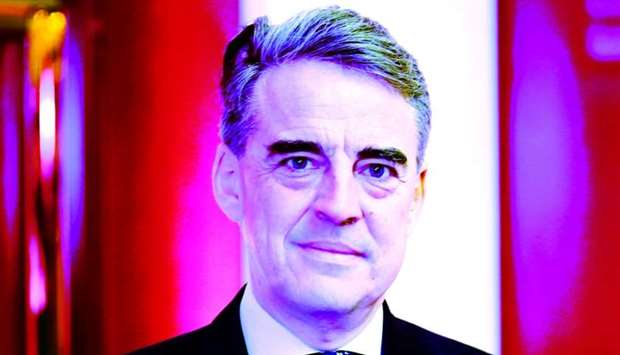*Carbon Offsetting and Reduction Scheme for International Aviation standards to be mandatory from 2027
The aviation industry’s experience with privatised airports has been “disappointing”, said IATA director-general and CEO Alexandre De Juniac.
“Cash-strapped governments are increasingly looking to the private sector to help in the development of airport capacity. We believe that critical infrastructure capacity like airports must be developed in line with user needs,” De Juniac said at the CAPA Aeropolitical and Regulatory Affairs Summit at the Sheraton Doha.
Airline needs from airports are “rather simple”, he stressed.
"We need adequate capacity. The facility must meet airline technical and commercial requirements and it must be affordable.
“We don’t really care who owns the airport so long as it delivers against these goals. Achieving these will also serve the local community well by supporting growth in traffic and stimulating the economy.”
IATA, he said, was urging governments to be cautious while focusing on the long-term economic and social benefits of an effective airport as part of the country’s critical infrastructure.
They must learn from “positive” experiences with corporatisation, new financing models, and alternative ways of tapping private sector participation.
The governments must make informed decisions on ownership and operating models to protect consumer interests, and should be careful while locking-in the benefits of competitive airport infrastructure with firm regulation.
On ‘Smarter Regulation’ that IATA was spearheading, De Junaic said, “Smarter regulation is a concept that we have been promoting for several years. Smarter Regulation results from dialogue between the industry and governments focused on solving real problems. That discussion should be guided by global standards and informed by a rigorous cost-benefit analysis. In doing so, it avoids unintended and counter-productive consequences.
“At its best, Smarter Regulation is proactive. That’s how we achieved CORSIA — the Carbon Offsetting and Reduction Scheme for International Aviation. This is a game-changing global agreement on climate change that will enable aviation to achieve carbon-neutral growth from 2020.”
From the start of this year, he said all airlines are monitoring their emissions from international flights, which they will then report to their governments. This process will form a baseline. And the licence to grow for airlines will be offsets that they purchase to support carbon-reduction programs in other parts of the economy, De Junaic noted.
CORSIA will be mandatory from 2027, he noted. Already governments accounting for about 80% of aviation are signed up for the preceding voluntary period. And IATA is actively encouraging more governments to join.
“In tandem, we are closely monitoring to ensure that the implementation is fully aligned with the agreed ICAO specifications. That’s because we know from experience that global standards work best when they are universally and uniformly applied,” De Juniac said.


